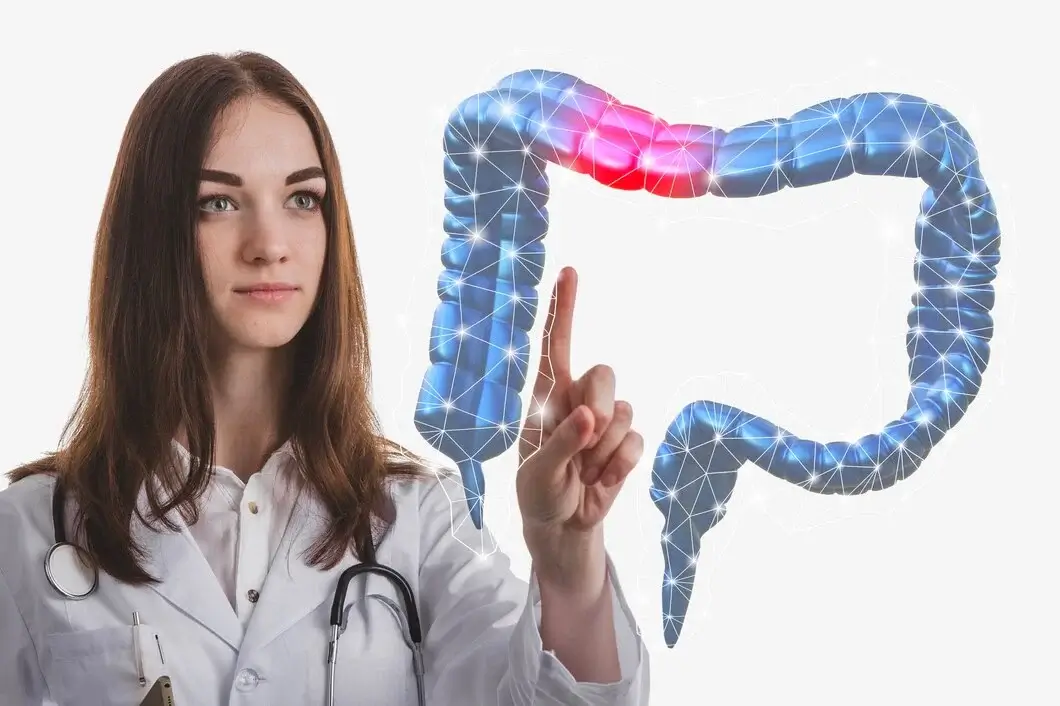Digestive Disorders
CareFront Digestive Health: Helping You Feel Your Best
We know at CareFront that stomach troubles may greatly affect your average day. Our team of gastroenterologists and healthcare experts are dedicated to ensuring that you get a comprehensive treatment for many digestive disorders. We take an individualized approach to this by concentrating on accurate diagnosis, effective therapy methods, and continual counseling for you to have better control over your digestion and improve your standard of living.
We take a patient-focused approach to address the emotional and psychological aspects of those with digestive diseases.We are firm believers in equipping patients with adequate information and skills they can use in making educated decisions about their health. Whether you want relief from chronic acid reflux, experience different IBS symptoms from one time to another, or are having difficulties managing Crohn’s disease, we will always stand by your side.
At CareFront, your welfare comes first. Contact us for an appointment and see what difference our friendly, caring nature can make in your healthcare journey.

Trust in CareFront Medical Group
Understanding Digestive Disorders
Common digestive disorders:
- Gastroesophageal reflux disease (GERD): This disorder occurs when stomach acid moves backward through the esophagus, causing symptoms such as heartburn, regurgitation, and chest pain. If untreated, long-standing GERD may lead to complications, including ulcers, esophagitis, and occasionally cancer of the esophagus.
- Irritable bowel syndrome (IBS): Irritable bowel syndrome is a chronic condition characterized by abdominal pain, bloating, and alteration in bowel habits, such as diarrhea, constipation, or both. The exact cause of IBS remains unknown, although dietary factors, stressors, and abnormal gut motility have been implicated as predisposing factors.
- Inflammatory Bowel Disease (IBD): This term refers to two main types of IBD: Crohn's disease and ulcerative colitis. Both of them cause inflammation in the digestive system. Symptoms range from abdominal pain to diarrhea, rectal bleeding, weight loss, and fatigue. This is a chronic condition with periods of remission and flare-ups that call for lifelong management.
- Gallstones: Gallstones are hardened deposits in the gallbladder, a small organ under the liver. These can be as tiny as a grain or as large as a walnut, affecting one person or many people; all types of gallstones will come with common symptoms such as stomach pain after meals and vomiting if gallstones happen to block biliary ducts.
- Celiac disease: Celiac disease occurs when an individual's body is unable to tolerate gluten, a protein found in wheat, rye, and barley. This leads to the onset of an autoimmune condition called celiac disease. Individuals with celiac disease experience intestinal damage from gluten ingestion, which results in symptoms of abdominal pain, diarrhea, bloating, fatigue, and nutrient deficiencies.
- Peptic Ulcers: Peptic ulcers are open sores that form on the lining of the stomach, small intestine, or esophagus, and are often due to infection from Helicobacter pylori bacteria or prolonged use of nonsteroidal anti-inflammatory drugs (NSAIDs). Symptoms include abdominal pain, bloating, nausea, and vomiting.
Services Offered
- Digestive Health Assessment: We start with a comprehensive study to understand your unique situation. This includes a detailed conversation about your past medical history, symptoms, and lifestyle choices. We may also perform a physical examination and order necessary diagnostic tests to identify the underlying cause of your digestive disorder.
- Gastrointestinal Endoscopy: Our experienced gastroenterologists perform advanced endoscopic procedures to diagnose and treat various digestive conditions. These procedures allow us to visualize the inside of your digestive tract and perform biopsies or therapeutic interventions if needed.
- Management of Inflammatory Bowel Diseases (IBD): CareFront offers specialized care for individuals living with IBD, such as Crohn's disease and ulcerative colitis. Our team understands the unique challenges of these chronic conditions and provides comprehensive care plans to manage symptoms, improve quality of life, and prevent complications.
Benefits of Choosing Carefront for Digestive Health
- Experienced and Compassionate Team: Our gastroenterologists and healthcare professionals are very knowledgeable in identifying and managing digestive disorders. We aim to give compassionate care that will address your specific requirements and concerns.
- Personalized Approach: We do not believe in a one-size-fits-all approach. Your situation is important, so we develop a treatment plan matching your goals and preferences.
- Comprehensive Services: We offer various diagnostic and treatment options under one roof, ensuring continuity of care and efficient management of your digestive health.
- Focus on Prevention: We know that healthcare is not just about treating digestive disorders but also preventing them. We provide information about diet, exercise, and lifestyle changes to promote good digestion and general welfare.
